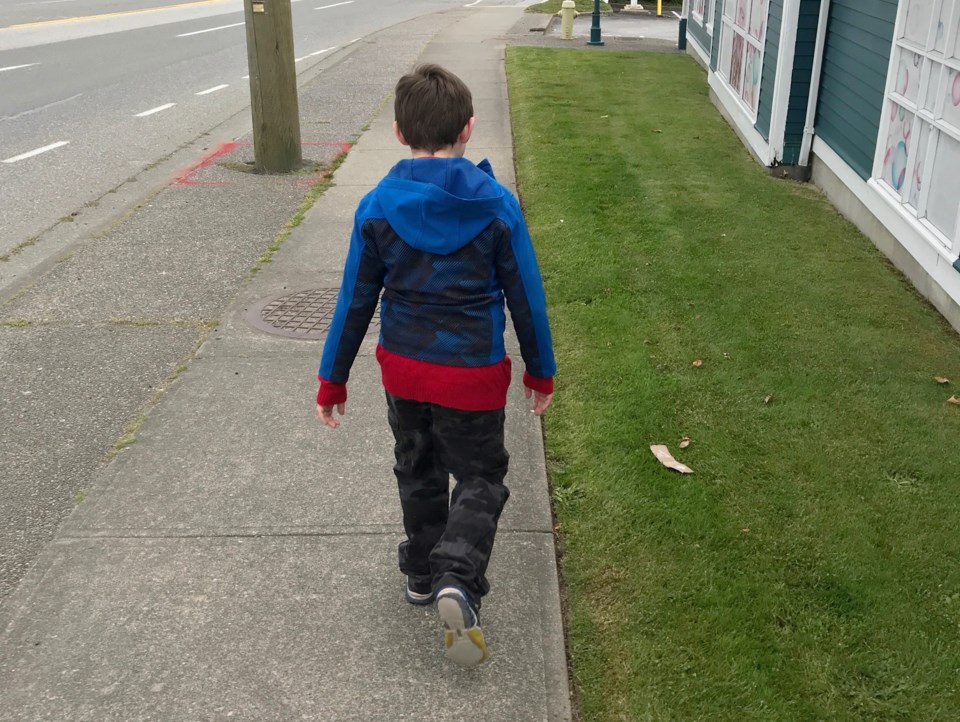The city has issued a call for bids for a consultant to help Delta undertake a poverty needs assessment and formulate an action plan.
The strategy is to help the city to consolidate poverty reduction work that has already been undertaken by various departments, conduct a comprehensive examination of community needs and develop and expand community partnerships.
It’s aimed at identifying actions and projects that directly support vulnerable populations and low-income residents, including actions to increase food security in Delta, a staff report earlier this year explained.
The report notes food insecurity is directly related to income in that the lower the household or individual income, the higher the risk of food insecurity.
“Food emergency services, such as food banks, are under-utilized in Delta while Delta families with children face higher food insecurity, as reported by Delta School District. Developing a better understanding of the underlying factors contributing to increased food insecurity for vulnerable populations will require continuous collaboration between the City and community partners,” the report states.
The report notes that more than 12 per cent of all Delta's children five years and younger live in low-income households.
As far as seniors 65 and over, in 2015, B.C. had the highest seniors' poverty rate of any province or territory in Canada at 8.8 per cent, while Delta has a rate comparable to the provincial average poverty rate for seniors at 8.9 per cent.
Delta council recently agreed to provide the Delta Food Coalition bridge funding to support vulnerable local families.
The city is also looking at enhancing existing services for homeless people. Council agreed to apply for funding through the UBCM Strengthening Communities' Services program for Delta to work in partnership with Options Community Services, and other community partners, to enhance services.




